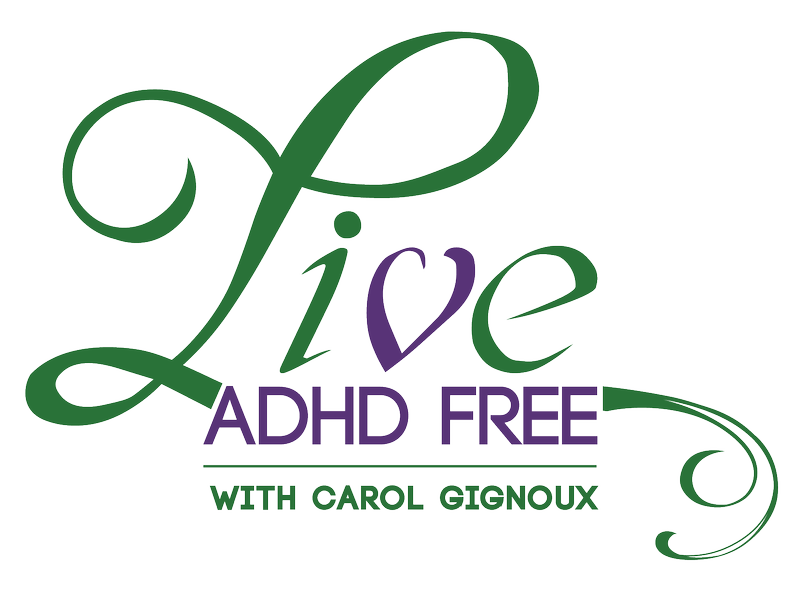The ADHD label need not be a deficit. Learn how it can be an asset.
There are many interpretations of the ADHD label. Each claims to be right: ADHD is a disability, ADHD is a brain type. ADHD is an executive function disorder. So, how does one navigate the confusing waters of these competing definitions? A lot of the “correct” interpretation for you depends on how you think of the label yourself.
ADHD characteristics and attributes
I have spent a life time coming to terms with ADHD, which was called “minimum brain dysfunction” when I was growing up. At this stage of my life and my career, I’ve helped thousands of children and adults who needed to make sense of their brain and their behavior. During that time, my clients have taught me many things about who they are, what they can and can’t do, and why.
Almost all of these adults and children have shared characteristics, life experiences and emotional issues. The majority of them have been very bright, creative and gifted people with exceptional problem solving skills. They have many times been able to compensate for what they lack. From them, I learned compassion, patience, perseverance, strategy, solutions, inventiveness, and love. Yes love. Working with them taught me to love myself so I could appreciate and love them in return.
What I’ve learned
My experiences as an ADHD academic and professional have taught me much. I’ve earned a Master’s Degree with a thesis on autism. I’ve worked in clinical and special education settings. For the last decade plus, I’ve worked and coached adolescents, college students, adults and couples.
The most important thing I have learned and the foundation to my approach is that ADHD is an asset. This doesn’t mean there aren’t behavior issues associated with this brain type. It doesn’t mean that people with ADHD are not at times annoying, clueless, impulsive, distracted and bad communicators. While it can be an asset it’s also accompanied with anger issues, depression and anxiety. People with this brain type can have some or all of these to varying degrees.
ADHD incites innovation
However, what I have found to be truer than not is that people with this brain type are smart and quick to solve problems. ADHD innovators have solved big problems like the vaccination for polio, how the universe really works, and how to harness electricity.
They were not afraid to be the first to fly across the ocean, become president, invent the automobile, create Disneyland, build corporate empires, write books that have become classics, and become some of the most famous composers of all time. They have been Olympic gold medal winners. Many of the best singers and musicians, funniest comedians, and accomplished actors used their ADHD as an asset.
ADHD thinking patterns allow for non-linear solutions
To me, it’s obvious that people with this brain type can accomplish great things in spite of their struggles with impulsivity and organization. In fact, it’s often because of these traits that they excel in the things. Trying to find a cure to polio using a linear thinking may not have worked for Jonas Salk. On the flip side, setting up support structures for people who have issues focusing and staying on task is imperative. It’s a matter of understanding what is needed then putting it in place. I’ve seen it work with well-informed and understanding managers, co-workers, supervisors, and colleagues. Living an ADHD free life comes with the right schedule, good communication, and using the skills that allow good people to be great performers. Remove the stigma of the ADHD label
No good comes from the continued stigma of an ADHD label. It causes shame and embarrassment. With the right coaching and habits, those labeled ADHD can go on to use their super powers effectively. People with this brain type can be shown how to develop better habits and skills for their personal and professional lives. Additionally, those who work with, parent, educate or love someone with ADHD can learn strategies and communication skills to improve their interactions. If your ADHD label needs to be removed, explore coaching programs that will help you transform that label into an asset.


Pingback: Overcoming Executive Function Issues of ADHD in High School